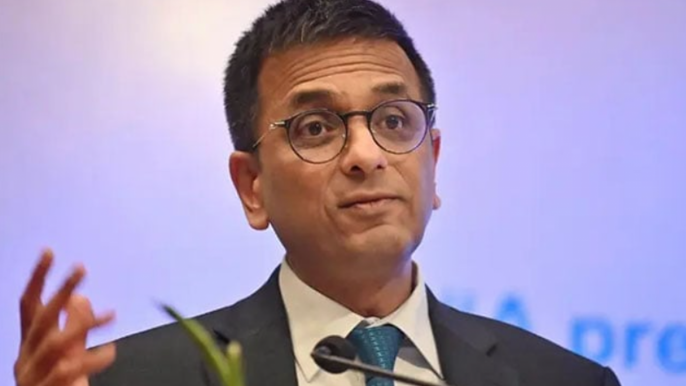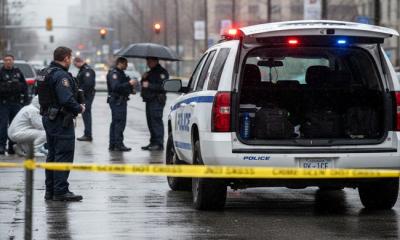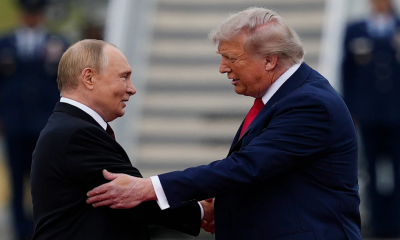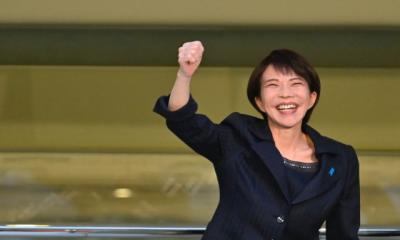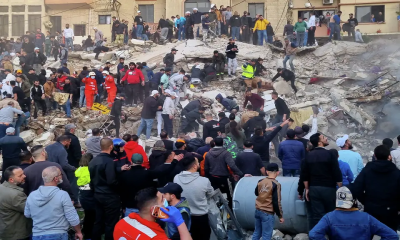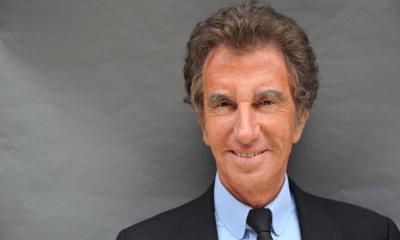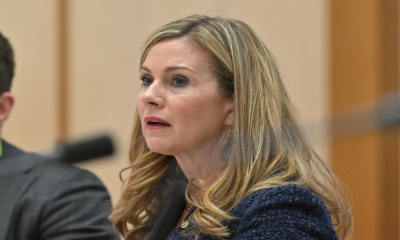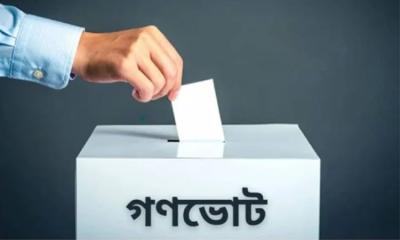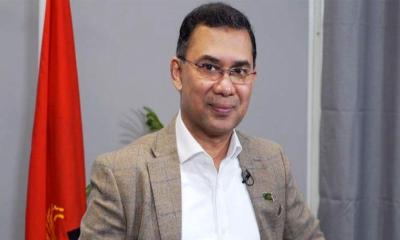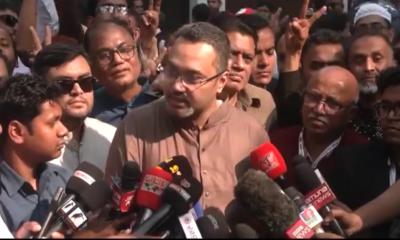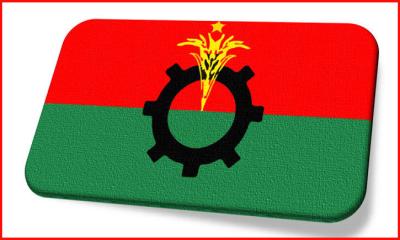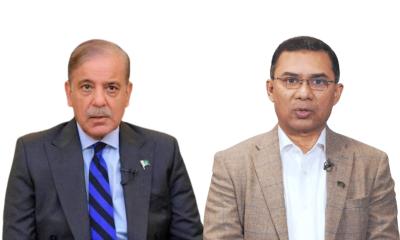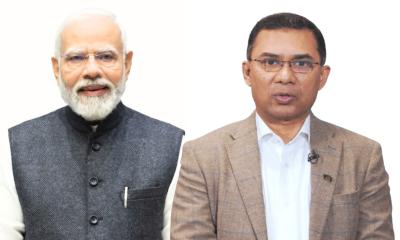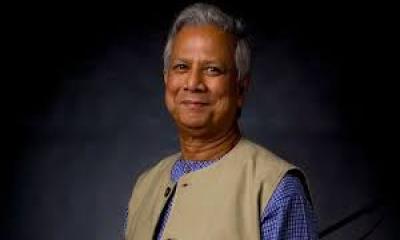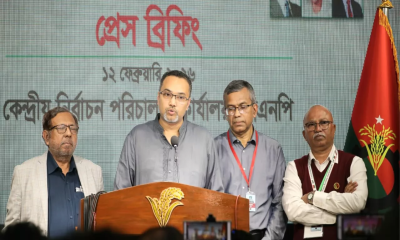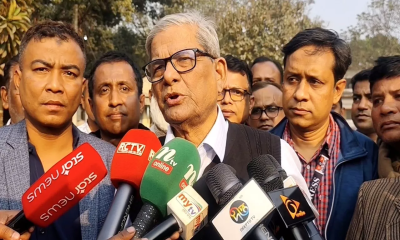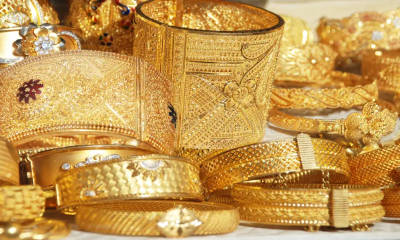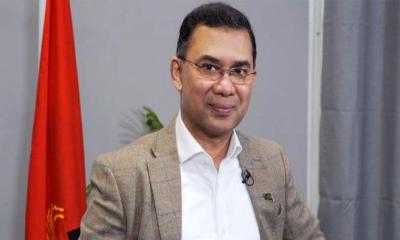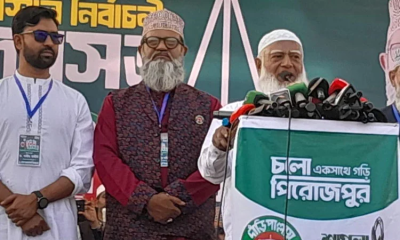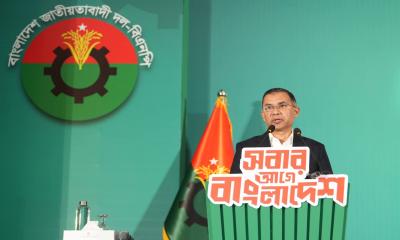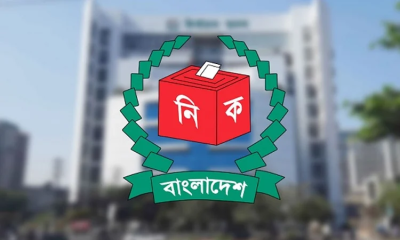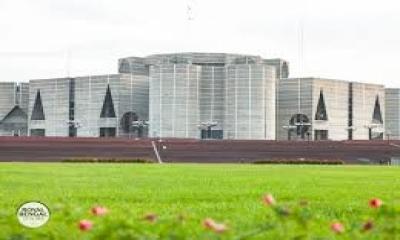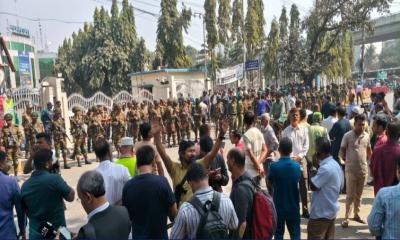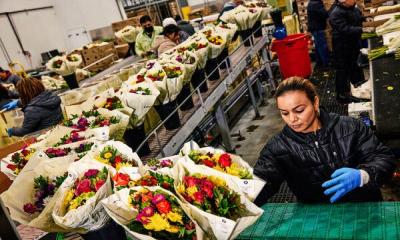Chief Justice of India (CJI) Dr Dhananjaya Yeshwant Chandrachud on Thursday said that the happenings in Bangladesh are “a clear reminder of how precious liberty is for us” and cited the Emergency to underline why “it is important that we dwell on the stories of the past to remind ourselves how precious liberty is”.
He was speaking at the Independence Day celebrations organised by the Supreme Court Bar Association, reports The Indian Express.
CJI Chandrachud said that in one of Rabindranath Tagore’s poems, two birds, one of them caged, engage in a conversation, where one bird asks the other, “Would you prefer the security of being caged to the uncertainty of freedom?” He added, “Our Constitution made the choice for us. We chose in 1950, the uncertainty of freedom. And what is happening today, say in Bangladesh, is a clear reminder of how precious liberty is for us”.
CJI Chandrachud went on to add, “Many of the young lawyers today or most of them are the post-Independence generation. I am myself, I am the post-independence generation. But many of you are the post-Emergency generation. Therefore, it is very easy to take freedom for granted. It is simple to take liberty for granted, but it is important that we dwell on the stories of the past to remind ourselves how precious liberty is and what an important role which we as judges and lawyers play at our institution for the preservation of liberty.”
The CJI said that when India attained independence in 1947, the first task was for the Constituent Assembly to devise a Constitution that would serve the goals of a social revolution and a national renaissance.
“Our Constitution put the marginalised and the disenfranchised front and centre in our national project of emancipation. It ushered in a reign of deliberative democracy inspired by the ideals of justice, liberty, equality and fraternity. And to meet these aims, the Constitution weaved an intricate network of democratic institutions. It established a representative, responsive and responsible government premised on parliamentary democracy and universal adult franchise,” he said.
“These ideas were no less than revolutionary for a country coming out of the brutal clutches of colonialism. But our nation builders charted on a historic experiment of democracy – the largest to ever be conducted anywhere in the world. They did so because they realised the vitality of democratic institutions and universal adult franchise,” CJI Chandrachud added.
The CJI said that the “freedom struggle allowed us to reimagine the framework of our governance…many lawyers gave up their lucrative legal practices and dedicated themselves to the cause of the nation. They were instrumental, not only in achieving freedom for India but also in establishing a fiercely independent judiciary.”
He added that the “task of patriotic lawyers did not end with India achieving her independence. Lawyers and the Bar have been a constant force of good in our country even after independence.”
The CJI said, “As a judge for the past 24 years, I can keep my hand on my heart and say that the work of the courts reflects the struggles of ordinary Indians navigating the rough and tumble of their daily lives.”
Pointing out that a modern judiciary requires an accessible and inclusive infrastructure, he said that in the last six months, the Supreme Court took many infrastructural initiatives. He, however, added that the work has only begun and much more is in store.
CJI Chandrachud said that he is “of the firm opinion that the legal community has a responsibility to keep the moral consciousness of our society and the courts”. “The Bar has been responsible for the direction of many important constitutional and legal developments in our country which have furthered the aspirations of our freedom fighters,” he added.


